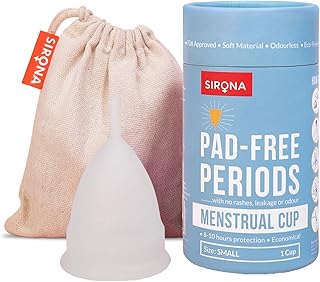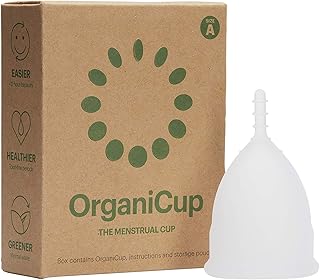Menstrual hygiene and health are pivotal components of women’s rights and dignity. The lack of access to proper menstrual hygiene management not only poses health risks but also perpetuates gender inequality and social taboos. This issue has deep historical roots, with cultural stigmas and inadequate facilities hindering women’s empowerment and overall well-being.
On Menstrual Hygiene Day, the global community is called to address the crisis faced by millions of girls and women worldwide. The intersection of menstrual health with education, economic opportunities, and gender equality underscores the urgent need for comprehensive solutions that ensure women’s rights are upheld.
Across various regions, girls and women encounter barriers such as period poverty, lack of education on menstruation, and limited access to sanitary products. These challenges are exacerbated in resource-poor settings, where unhygienic practices due to a lack of basic sanitation facilities can lead to serious health complications.
The impact of inadequate menstrual hygiene management extends beyond health issues, affecting girls’ education and women’s economic participation. The cycle of early pregnancies and child marriages is often perpetuated by societal taboos and misinformation surrounding menstruation, underscoring the need for informed decision-making and autonomy over reproductive health.
Efforts to improve menstrual hygiene and health not only fulfill a basic human right but also yield long-term economic benefits. Investing in women’s menstrual health contributes to reducing child and maternal mortality rates, fostering economic growth, and promoting gender equality.
Realizing women’s autonomy over their bodies requires a shift in societal attitudes and strong political leadership. National strategies integrating sanitation, health, education, and gender policies are essential to ensure that all girls and women have access to necessary resources and facilities for proper menstrual hygiene management.
Collective action from governments, development partners, civil society, the private sector, and academia is crucial in advancing menstrual hygiene and health rights globally. Urgent investment in robust sanitation, hygiene, and menstrual health services is needed to accelerate progress towards Sustainable Development Goals targets and leave no one behind.
The establishment of the Sanitation and Hygiene Fund as a global financing mechanism signifies a significant step towards addressing the sanitation, hygiene, and menstrual health crisis. Through collaborative efforts, countries can strive towards achieving universal access to sanitation and hygiene, prioritizing the well-being and rights of women and girls.
📰 Related Articles
- Menstrual Hygiene Crisis Impacts Indian Schoolgirls’ Education and Health
- Menstrual Health Crisis Grips Women in War-Torn Gaza
- Global Conflict Crisis: Health Workers Under Siege in War Zones
- Global Challenges in Menstrual Health Highlighted on Awareness Days
- Zimbabwe Study Reveals High Uptake of Menstrual Health Services






